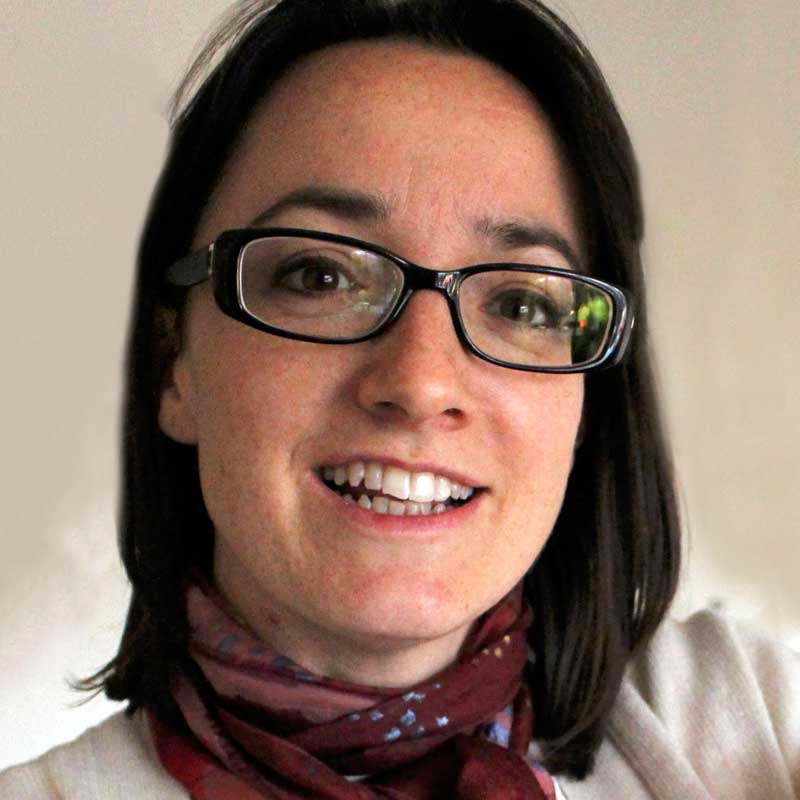Introducing Dr Teresa Niccoli
What primarily developed your interest in researching Alzheimer’s?
It’s one of the major medical challenges of this century: it is rapidly becoming one of the most common causes of death and there are no cures. Soon after I started working on Alzheimer’s research my mum was diagnosed with the disease, making the quest for a cure much more personal.
Currently, what is the key focus of your research?
Working out why brain cells die, in particular the role of glucose metabolism in this.
What has been the most surprising finding during your research career?
That a drug used to cure diabetes dramatically rescues the toxicity of the A? peptide in flies. This needs to be replicated now in higher organisms!
When people learn you are involved in researching Alzheimer’s, what is the main question they ask?
Have you found a cure yet?
In your opinion, how important is collaboration and integrating multiple research strategies to unravel the complexities of Alzheimer’s?
Fundamental. It’s a very complex disease, developing over a long period of time, where ageing, lifestyle, pathogens, and genetics all contribute to disease development. It’s impossible for one group of researchers alone to be able to understand the contribution of all these elements.
How close do you feel we are towards making a key breakthrough in slowing the progression of, preventing, or even curing Alzheimer’s? And what is the most important thing to fast track us to this point?
Not very close to a cure, but we should be able to slow disease progression down soon-ish, especially as we are gaining increasing understanding of what lifestyle factors affect disease progression. Better model systems would help to develop therapies as no models really show neuronal loss, which is a key feature of the human disease.
Tell us something about yourself that keeps you motivated and that might surprise us
Making a contribution, however small, that is recognised by my peers, shows that what I am doing is contributing to a larger progress towards a cure. Failing that, taking aesthetically pleasing images of fly brains, that get used more widely to promote awareness of Alzheimer’s research.
And finally … is there a question that you’ve always wished someone would ask about your research, but never has?
What is it like to have Alzheimer’s?
Dr Teresa Niccoli is a Senior Research Associate in neurodegenerative diseases at the UK Dementia Research Institute.
Teresa studied for her PhD in the lab of the 2001 Nobel Laureate, Sir Paul Nurse, and has gone on to work in cancer research and developmental biology. She uses fruit flies to understand how neurons die in neurodegenerative diseases, in particular, Alzheimer’s disease and Frontotemporal dementia.
Find out more about Dr Niccoli’s research by visiting her research profile at University College London.


